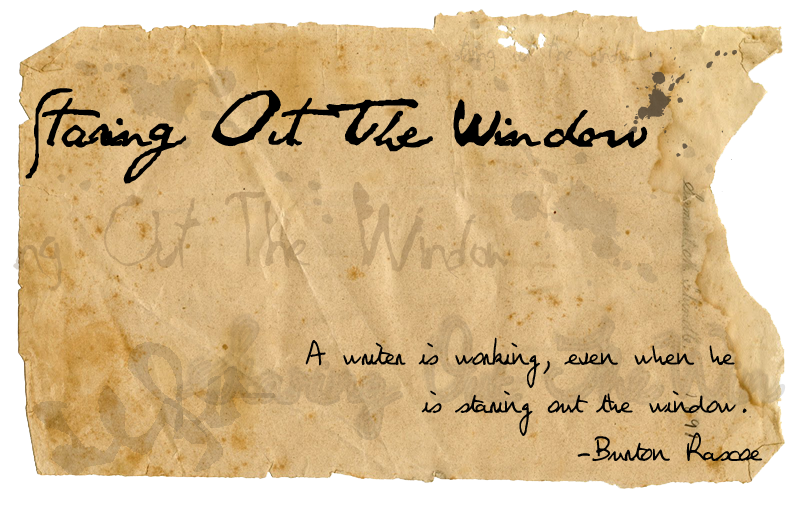If I hear one more author claim they don't need an editor,
I'm going to scream. No, I won't actually scream, but I will put their name on
my 'list' of authors not to buy. Pretentious? Elitist? How about thrifty? Yes,
thrifty. Books cost money, and I, for one, am not willing to download a million
books to find that one author that 'doesn't need an editor'. Not even if the
books are free.
I have an MFA and I don't think that qualifies me to edit my
own work effectively. Sure, I do a great job on other peoples manuscripts, and
a decent job on my own. But decent isn't good enough. I've never read a review
for a New York Times bestseller that
said, "It was decent." And I've never heard a New York Times bestselling author say, "my book would have
been so much better without an editor."
Maybe, however, some authors don't have a desire to be a NYT
bestseller. Maybe an Amazon ranking is enough for them. That's fine for them.
But not for me, and I won't be one of those buying their books to get them that
coveted Amazon award.
Don't get me wrong, I am not demeaning self published
authors. I have several whose work I love and I wait patiently for their next
novel. But I guarantee you those are
authors who understand the value of an editor and don't just slap their name on
a book they wrote last night that their dog and their mother thinks is the
Great American Novel. In fact, most of them will be the first to tell you that
the unedited excrement that is published online is a detriment to the business
of self publishing. And that is what it is: a business.
Maybe Amazon could have a system that tells a reader what
books have been edited? Or maybe a section of 'hobbyist' authors, those that
don't take it seriously as a business? Maybe, maybe, maybe.
Here are some of the reasons I've heard in the past week for
not hiring an editor:
1. It costs too much- So does my landscaper, but I like my
yard to look professionally done.
2. An editor is no more than a co-author and should be
listed as such-If your book requires so much work that the editor becomes a
'co-author' then maybe you should consider listing them.
3. They change your work and it is no longer 'your book'-I
think it's important for an author to have an editor that 'gets' their book.
Editors make your book stronger, saleable and see the entire picture as well as
the fine details. They didn't write it, so they can 'see' it from another
perspective.
4. I have a BA in English. I don't need one-Great. You can
spell and make a complete sentence. It takes more than that, really.
5. I have an MFA and can edit my own work-Getting my MFA was
one of the best things I ever did for myself; as a writer and as a human being.
But edit my own work and call it done? Not a chance.
They Call Me Crazy
went through 10 critical readers, my agent and two editors. Ragtown has been through four mentors,
20 critical readers, my agent and two editors. Every one of these people
brought something of value to my work. Do I consider them done? No. I am
chomping at the bit for an editor from a publishing house to chime in. Are the
two novels still my work? Most definitely, but they are a lot stronger than they
were.
And lastly, why would I spend money, go through all the
readers/mentors/editors, subject myself to the
criticism and the time involved in edits? Because this IS a business to me. And because my goal IS the bestseller
list.
Lofty, I know, but I've never been satisfied with a participant ribbon. I'm in
it to win it.

